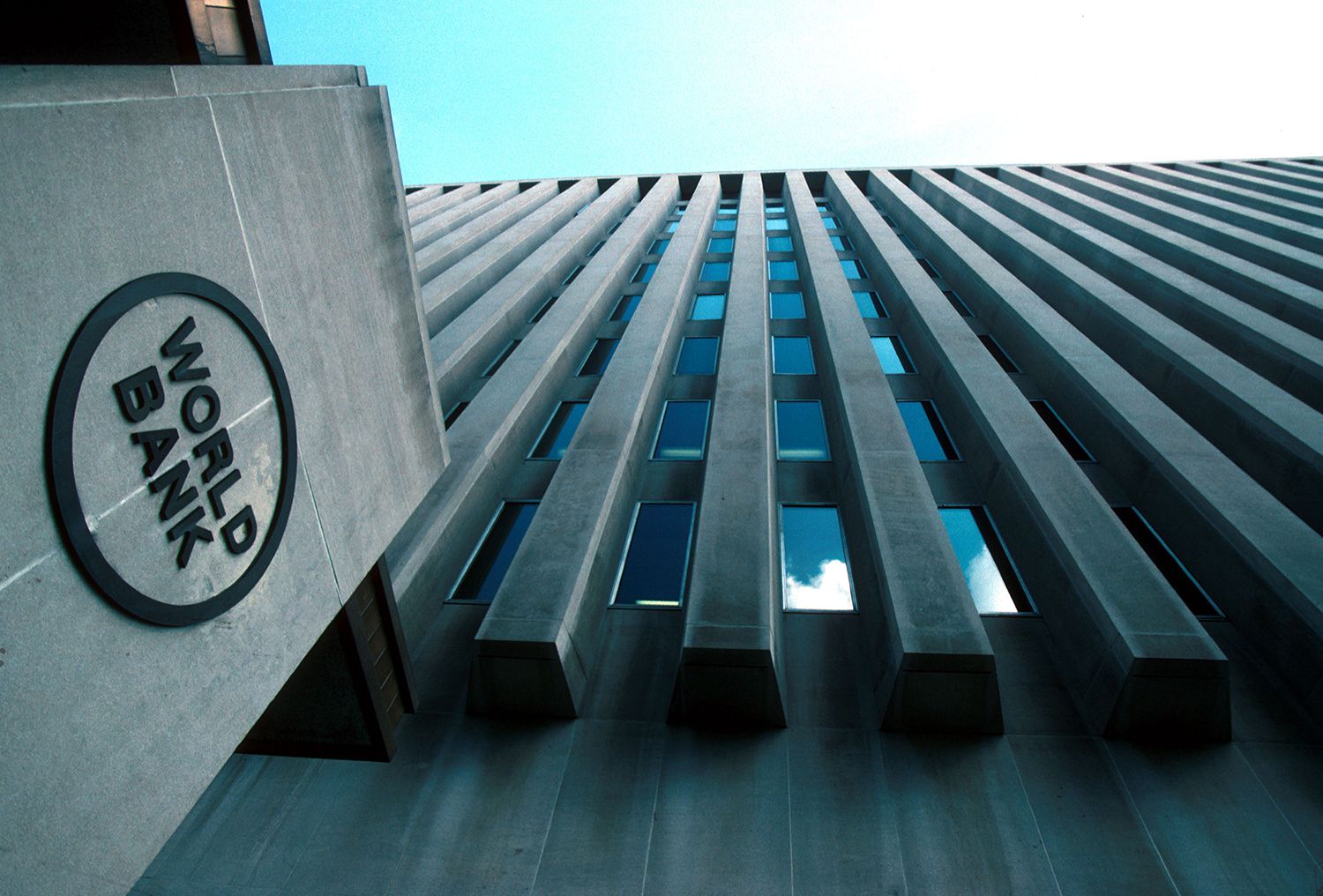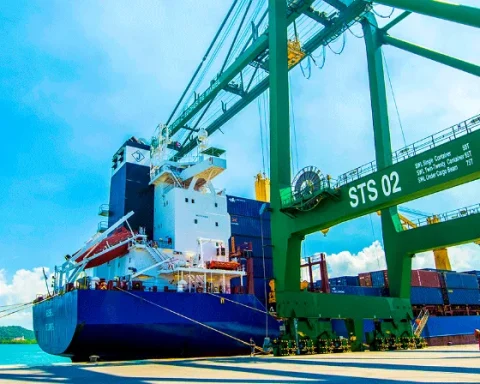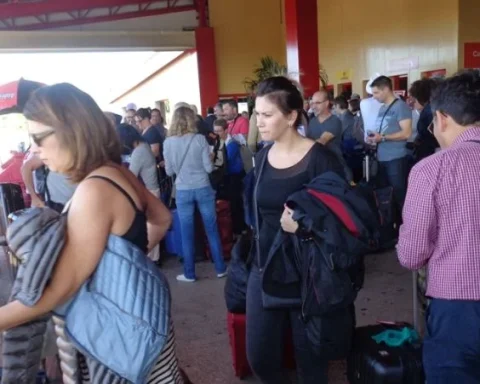The pressure on the cost of food, determined by the war in Ukraine, will leave 10 million people in extreme poverty for each percentage point that inflation in these goods advances, World Bank President David Malpass said in a speech before the Spring Meetings that are held with the International Monetary Fund (IMF).
“The financial obligations of developing countries have increased to a maximum of 50 years, they represent approximately 250% of the income of governments. Most of these economies are not prepared to face the shock of the looming debt,” he added.
He explained that world markets for staple foods are large, well-established and tend to self-adjust when there are production disruptions, but fertilizer supply delays, energy prices and restrictions on food exports will exacerbate the problem. .
And he emphasized: “before the war in Ukraine, the recovery in 2022 was already losing momentum due to inflation and persistent supply bottlenecks. While advanced economies were expected to return to near their pre-pandemic growth rates by 2023, developing countries were falling substantially behind.
He said that the monetary and fiscal policies that advanced economies imposed at the beginning of the pandemic, and that are maintained, “have fueled price increases and worsened inequality around the world”, while there is no precedent for a simultaneous recession in as many countries as currently recorded.
Low growth is compounded by violence. “The trend toward insecurity is deeply worrying,” he concluded.

















